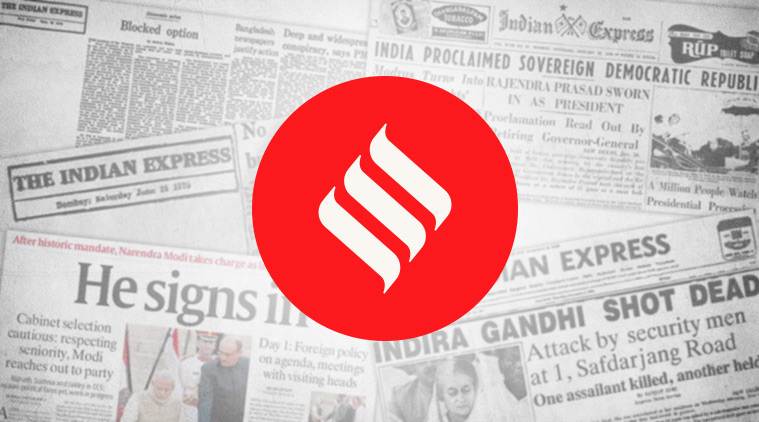
Diplomacy is essentially a craft with words. The objective is to ensure precise communication of a government’s intent to friends and foes. That is the reason why diplomats devote so much time to chiseling the language their leaders use in speeches and statements. Sometimes they deliberately resort to imprecision to fudge issues. US President Donald Trump, however, has largely dispensed with the communication teams at the White House. Trump tweets impulsively, is not always deferential to facts, nor stays true to the briefing books. India should therefore treat his remarks at a joint press appearance with Pakistan premier Imran Khan on Monday with more than a pinch of salt. Compare, for example, Trump’s remarks on PM Narendra Modi asking him to mediate on Kashmir and his willingness to do so with other recent statements. A few days earlier, Trump had claimed that it was American pressure that led to Pakistan “finding” the LeT boss Hafiz Saeed, a man who never chose to hide. Meeting a group of individuals from around the world facing religious oppression last week at the White House, Trump asked “where Myanmar was” when the discussion turned to the Rohingya.
If Trump is careless with words, India and Pakistan tend to be too obsessed with them, especially when it comes to Jammu and Kashmir. Words like “mediation” and “internationalisation” trigger quick and angry responses from Delhi. Islamabad never misses an opportunity to draw other powers and organisations into the Kashmir question. Words are important, but never more than actions. Every remark by a leader does not signify policy. Under Modi’s leadership, Delhi has learnt not to jump every time the word mediation is used by others and treat many of these with the political disdain they deserve. But the media and the political class remain jumpy as ever. When Trump made a direct and specific claim on Modi asking for mediation, the Foreign Office was right to make a quick and unambiguous rebuttal. The government also responded to Trump’s claim in Parliament. Recognising the potential damage to relations with Delhi, which has always rejected third party mediation on Kashmir, the US State Department found a way to mollify Indian sentiments without saying Trump was wrong. Its statement calling Kashmir a “bilateral issue” the US would be “ready to assist” on, is a classic use of diplomatese.
Unfortunately, the outrage on Trump’s Kashmir remarks may be preventing India from seeing the larger significance of the talks between Trump and Imran on Afghanistan. Trump is eager to end America’s prolonged war in Afghanistan and wants Pakistan to extricate him by getting the Taliban to agree to a peace settlement. He is ready to reward Pakistan if there is a deal to his satisfaction. The Pakistan army — which is doing the real negotiation with Trump’s officials — is now turning that leverage into specific gains. The outcome of this bargain on Afghanistan will have profound consequences for India’s neighbourhood, especially on the political future of Kabul and Pakistan’s regional and international position. American mediation on Kashmir should be the last thing Delhi needs to worry about.